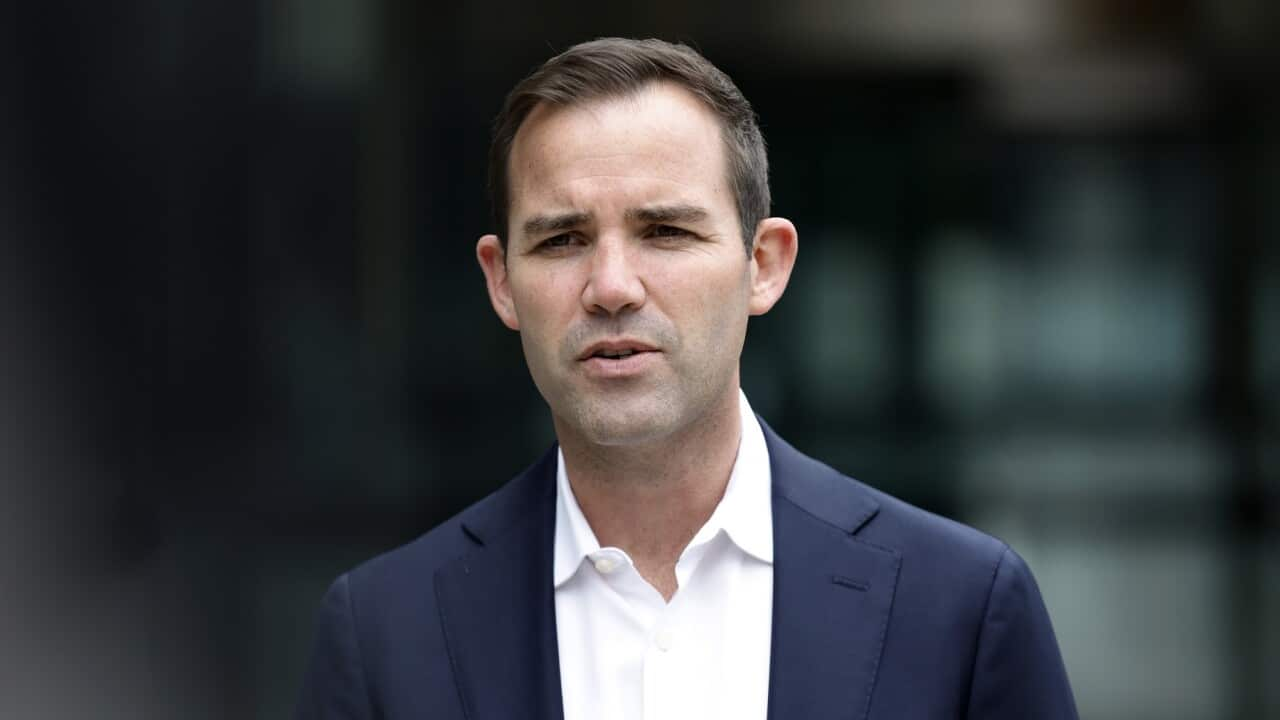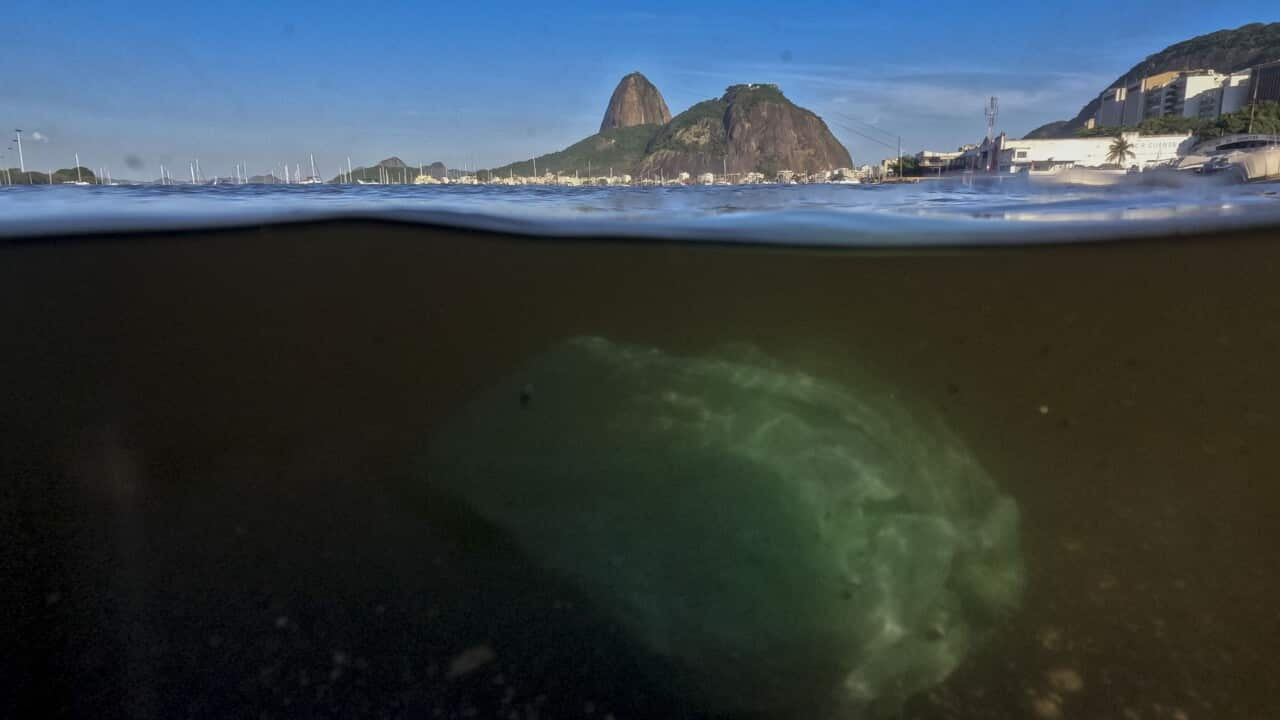TRANSCRIPT
The Al-Roj camp in northeast Syria has been described by Save the Children as one of the worst places to be a child.
The non-government organisation has argued the federal government had sufficient powers to repatriate a group of 11 women and 20 children from the camp.
But that argument has been dismissed by the Federal Court.
Justice Mark Moshinksy concluded 'the respondents do not have control over the detention of the relevant women and children.'
Save the Children CEO Mat Tinkler says he is devastated for the families, the mothers and their children.
"We know they had pinned a lot of hope on this claim and that hope is starting to run out. These children are innocent. They've done nothing wrong and unfortunately, the court has decided that the government does not have a legal obligation to repatriate them."
Kamalle Daboussy is an advocate for repatriation, who spoke to SBS News on behalf of the families of the 31 women and children.
"It's just heart-wrenching. It's just heart-wrenching that you have to go to these steps to save someone's life and save a child's life when it's so obviously easy to do, and the government doesn't take that step. It's playing politics with the lives of children and women. It's just devastating. This whole thing is just unnecessary and devastating. The government can act today and they should've acted already."
Save the Children's Mat Tinkler says the welfare of the women and children in the two camps is another cause for distress.
"There's very limited access to healthcare. The children are suffering from poor nutrition, dental decay, untreated shrapnel wounds from the conflict, the mothers have significant health conditions that can't be treated, they can't access appropriate education. We have grave fears that an Australian child will die in this situation if they're not brought to safety sometime soon."
According to the court ruling, the women are Australian citizens and their children are either citizens or eligible to become citizens.
The reasoning of the decision remains confidential, but Save the Children says the government can still act.
Mat Tinkler again.
"The Australian government does not need a legal ruling in order to do the right thing. They've demonstrated in the past on a number of occasions that they can repatriate Australian citizens to safety and whilst innocent and highly vulnerable children remain in one of the most difficult places in the world to be a child, the Australian government should really just get on and do the right thing and get the job done and bring those kids home."
Kim Rubenstein is a professor within the Law School of the University of Canberra.
She says the case is unique and without precedent.
"I think this is a reminder that when Australian citizens are outside of Australia, the Commonwealth Government has the capacity but not the duty to bring Australian citizens home. We're seeing that in Australians stranded all around the world at the moment where the Commonwealth is seeking to assist. There must be multiple factors that the Commonwealth has to take into account in making that decision, very specific to individual circumstances."
A spokesperson for Home Affairs Minister Clare O'Neil says the government's priority is the safety and security of all Australians.
Opposition spokesman Simon Birmingham says repatriation should be considered with the utmost care and sensitivity, and with appropriate vetting.
Save the Children is now considering whether to appeal the ruling.













